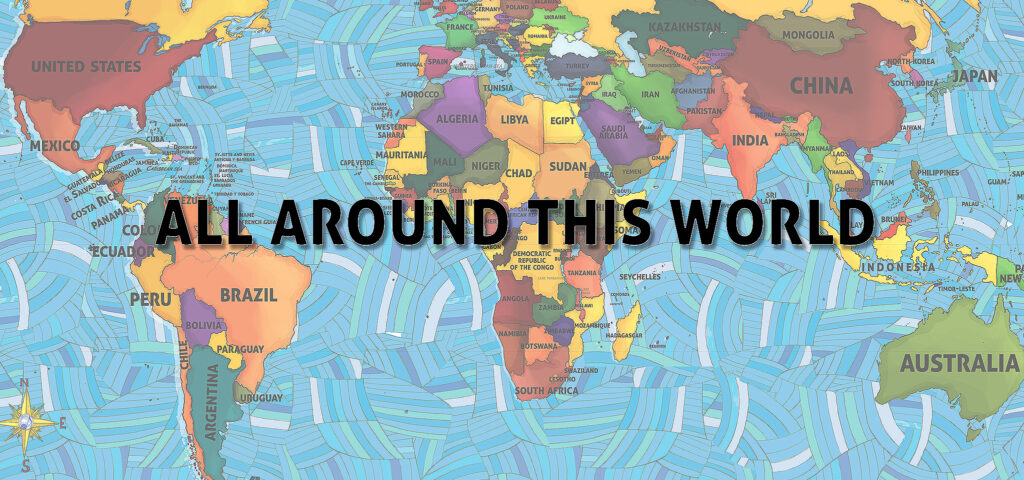Unlike Azerbaijan, Georgia is a majority Christian nation and has been since the 4th Century. Georgians fought Mongols, Persians and Turks to keep their Georgian Kingdom independent for many centuries before succumbing to the Russians in the 1700s. Georgia was still under Russian rule when the Empire collapsed after World War I. Georgia joined and then left the Transcaucasian Democratic Federative Republic, fell beneath Soviet control until the USSR collapsed in 1991. Unfortunately, also like Azerbaijan, Georgia also stepped out of the USSR and into turmoil.
Georgia‘s post-independence turmoil took the form of a military coup and then a civil war. In 1995 former Georgian Communist leader Eduard Shevardnadze emerged as the elected president of the nation. At about the same time, two regions of Georgia, Abkhazia and South Ossetia, found Russian support for their declarations of independence. (The Abkhaz people are a non-Georgian ethnic group whose primary language is Abkhaz. The Ossetians are a non-Georgian ethnic group whose primary language is Ossetian.) During the subsequent many years of conflict Abkhazian and Ossetian separatists expelled hundreds of thousands of Georgians, while thousands of Abkhaz and Ossetian families also abandoned their lands and fled to Russia.
In 2003 Georgians deposed Eduard Shevardnadze in the completely non-violent “Rose Revolution,” replacing him with the generally pro-NATO, pro-USA Mikheil Saakashvili. (Observers both within and outside the region accuse the U.S. and Georgian non-governmental organizations with support from the West of orchestrating the Revolution.) Saakashvili’s government launched a series of reforms that strengthened the country’s economy and ushered in a period of stability and growth. Fortunately or not, by 2008 Georgia had enough confidence to battle the Russians again in Abkhazia and South Ossetia. (Which side started restarted the conflicts in 2008? It’s complicated.) After some harsh fighting the warring nations and ethnic groups signed a ceasefire, though, yet again, without finding a way to lasting peace. Today Russia recognizes Abkhazia and South Ossetia as independent nations and keeps troops there; Georgia still officially considers Abkhazia and South Ossetia as part of Georgia. What will happen next…? No one knows. (Even The Economist asks, “Can’t We All Just Get Along?”)


Comments are closed.